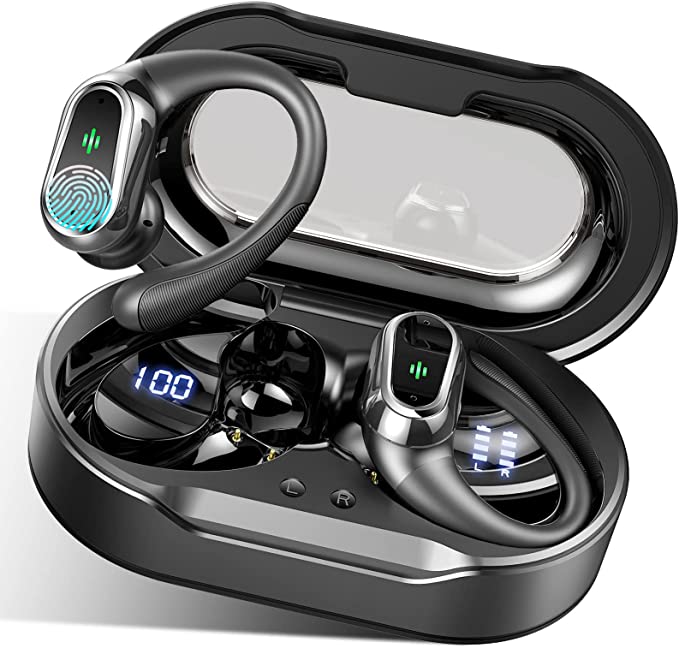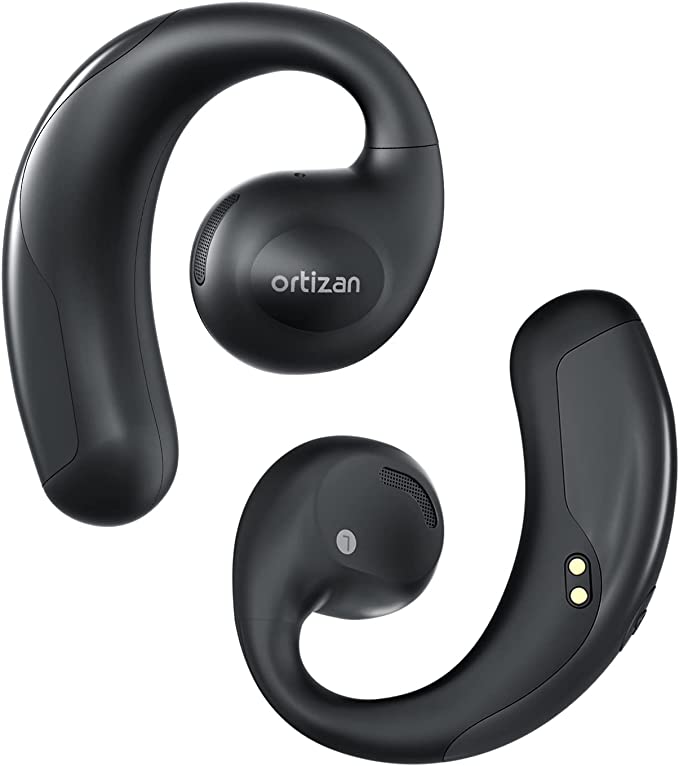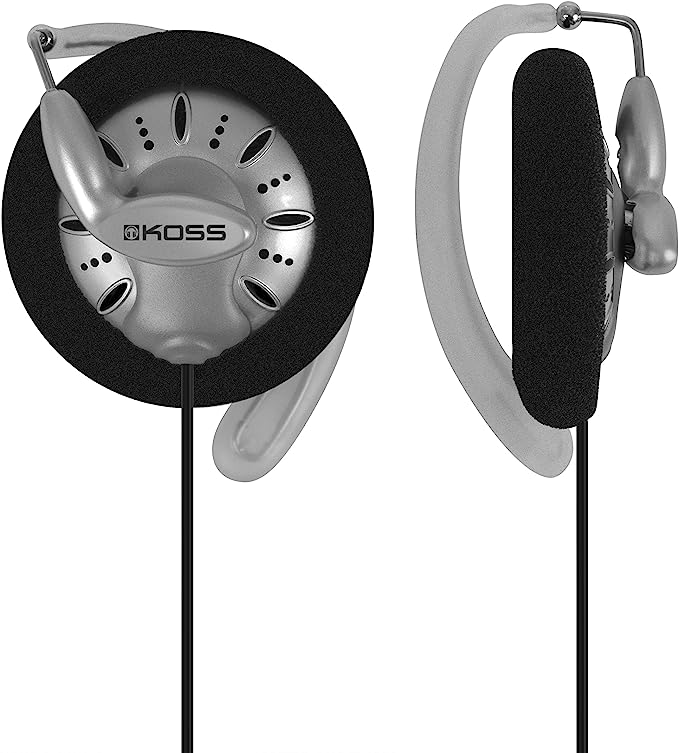More Than a Machine: The Psychology of Why We Ride Electric Scooters
Update on Oct. 20, 2025, 6:48 a.m.
A 55-year-old user named Chrisfucius stands before a new electric scooter. She admits to being “a little afraid to try it.” Decades have passed since she’s been on anything motorized. Yet, “literally within minutes,” she finds her balance and feels like she’s been riding for years. In another corner of the internet, a user named Earth-Angel calls their scooter “one of the best investments I’ve made in a long time,” describing it as both “fun and capable.” These are not reviews about motor wattage or battery capacity. They are testimonials about a feeling: a feeling of empowerment, of newfound freedom, of simple, unadulterated joy.
We spend so much time analyzing the hardware, the laws, and the technology of electric scooters that we often miss the most important question: why do they make us feel so good? The answer is that these simple machines are not just solutions to a transportation problem. They are elegant, two-wheeled solutions to a deep and growing psychological problem: the anxieties of modern urban life. The electric scooter is more than a machine; it is a key unlocking a cage we didn’t even realize we were in.

The Prison of Modern Commuting: A Tale of Anxiety and Lost Control
For millions, the daily commute is a psychological prison. Whether stuck in gridlock traffic, where your fate is in the hands of the car ahead, or packed into a subway car, where your personal space is relentlessly violated, the experience is defined by a profound loss of control. Psychologists like Dr. David Lewis have documented how stressful commutes lead to elevated levels of the stress hormone cortisol, impacting everything from our mood to our long-term health. We are passive participants in a system that is unpredictable, inefficient, and deeply impersonal. This daily erosion of agency is a cornerstone of modern urban anxiety.
The Unlocking: How Micromobility Restores a Sense of Agency
The electric scooter’s first and most powerful psychological function is to restore that lost sense of control. The moment you step onto the deck, you become the master of your own journey. Your schedule is no longer dictated by a bus timetable or a traffic jam. The simple act of choosing your own path—ducking down a side street, cruising through a park—is a radical act of reclaiming agency.
This is the feeling Chrisfucius discovered. The initial fear of trying something new gave way to the exhilarating realization that she was in command. This sense of mastery, of learning a new skill and immediately applying it, is a powerful antidote to the feeling of helplessness. The scooter, with its gentle learning curve, offers a quick and potent dose of self-efficacy. You are not just moving from point A to B; you are actively, skillfully, and independently navigating your world.
The “Flow State” on Two Wheels: The Joy of Uninterrupted Movement
Once control is established, something else emerges: joy. The “fun” that Earth-Angel describes is a well-documented psychological phenomenon known as the “flow state.” Coined by psychologist Mihaly Csikszentmihalyi, flow is the experience of being fully immersed in an activity, characterized by energized focus, full involvement, and enjoyment in the process.
Riding a scooter on a clear bike path is a perfect flow-state trigger. The task is just challenging enough to require your full attention—balancing, steering, monitoring your surroundings—but not so difficult that it becomes stressful. Your mind is cleared of other worries. The world narrows to the path ahead. Time seems to melt away. This is the opposite of the stop-start frustration of driving or the passive boredom of public transit. It is the joy of uninterrupted, self-propelled movement, a feeling that taps into a primal human delight in motion and exploration.
Redrawing the Map: How Scooters Change Your Perception of the City
This newfound freedom and joy fundamentally alters your relationship with your own city. Distances that once seemed daunting—too far to walk, too short and inconvenient to drive—suddenly become accessible. That neighborhood cafe, that park by the river, that friend’s apartment just across town; they are no longer abstract destinations on a map, but real places within your effortless reach.
The scooter shrinks your city while simultaneously expanding your personal world. It allows you to operate on a human scale, but at a superhuman speed. You notice more—the architecture, the street art, the changing seasons—because you are present in the environment, not sealed off behind glass. You are not just passing through the city; you are moving with it.

Conclusion: The Emotional Engineering of Your Ride
The true genius of the electric scooter lies not in its motor or its battery, but in its emotional engineering. It is a machine designed to counter the psychological toll of urban life. It takes our frustrations—the lack of control, the wasted time, the feeling of being a cog in a vast, impersonal system—and offers a simple, elegant, and deeply personal solution.
It gives us back a measure of control over our time and space. It provides moments of pure, unadulterated fun in the midst of our busy schedules. And it reconnects us with our cities in a tangible, joyful way. The next time you see someone glide by on an electric scooter, know that you are not just witnessing a commute. You are witnessing a small, quiet, and profound act of personal liberation.









